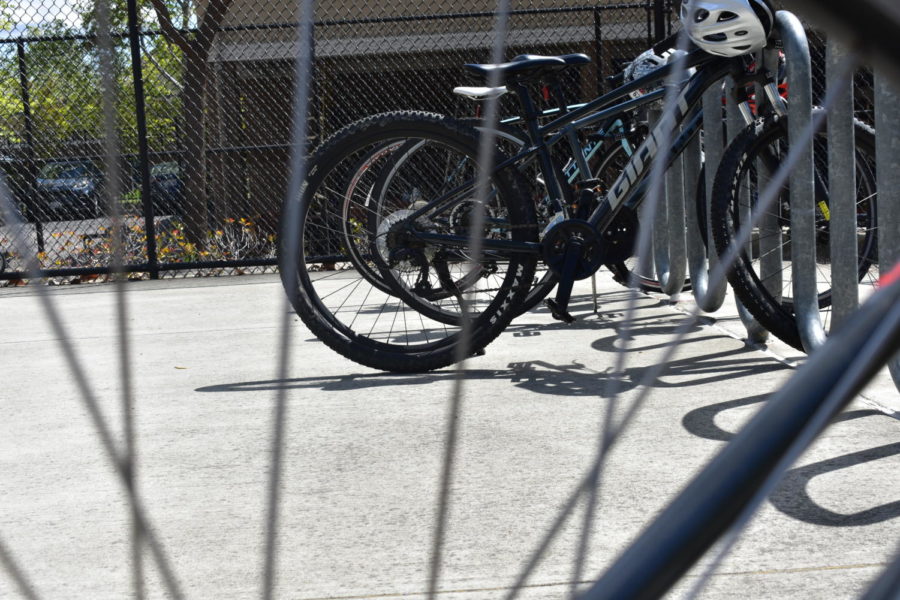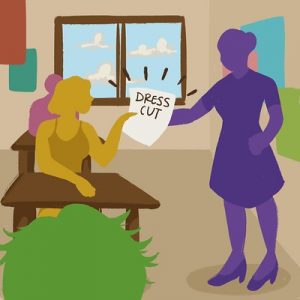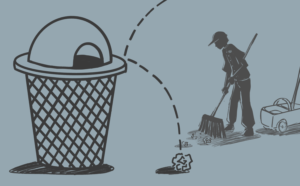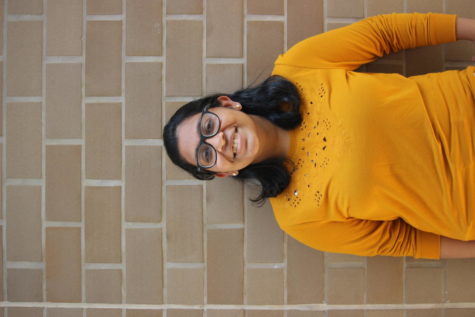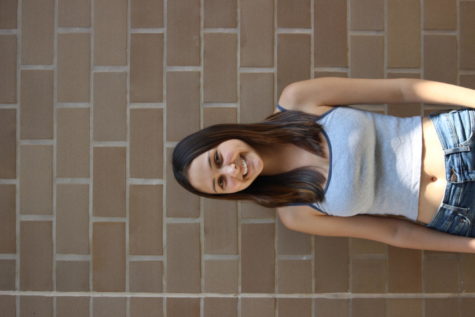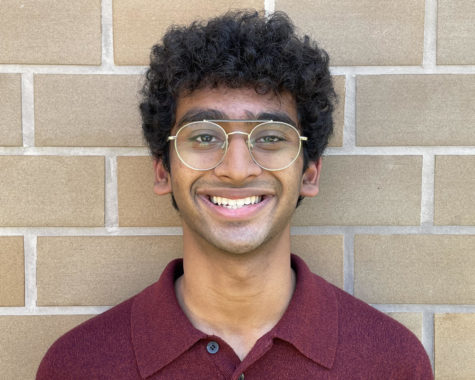Dougherty Valley’s prospective bike co-op rides in a positive direction
Dougherty Valley’s prospective bike co-op strive to allow students to use school owned bikes throughout the school year.
May 19, 2022
Late students are certainly not an anomaly at Dougherty Valley High School. Every morning, a handful of students rush through the front gates at the sound of the late bell, all with different excuses. Woke up late, took too long in the shower, etc. But sometimes tardiness is not the fault of the student.
Stacie Yaeger, attendance TSA, noticed that was the case with a particular student at Dougherty. The student caught her attention after being repeatedly tardy because they walk their two siblings to school everyday before walking themselves to Dougherty. It would take the student about an hour and a half to get to campus. A bike would help me get to school a lot faster, the student told Yaeger. So, she reached out to Mr. Johann Somerville, and he put up a Facebook post later that day asking mutuals if anyone was willing to donate a bike.
Within a few hours, Somerville’s inbox was flooded with message requests, all from community members willing to help the student in need of the bike. That’s when he realized that “something can come from this.”
“Here’s Ms. Yaeger who deals with all the students that have attendance issues, what a perfect way to solve that,” Somerville said. “If you’re late because you walk, do you need a bike? Well, we can check one out.”
And the idea was born: a campus bike co-op, allowing students to use school-owned bikes throughout the school year to arrive at school and back home on-time.
Logistics
Somerville explained that tracking bike inventory could function much like a library check-out system does with barcodes attached to each loanable item.
“The system is already in place; it’s just like they would check out a chromebook or book from the library.”
Along with the district-associated barcodes, Somerville indicated that all bikes would be insured with the city, which would make it easier for Officer Hamilton (SRO) to help if any are stolen or lost. This would also apply to bike locks and helmets, which Somerville hopes that each student participating in the program would also receive.
Mrs. Kerri Pike Knapp, DVHS librarian, thinks that modeling the bike co-op off of a library borrowing system would be “very feasible.” But more importantly, given the convenient size of the checkout labels, she believes that they can be easily hidden (such as underneath the bike seats) to minimize social stigma that often comes with using school-owned equipment.
As for sustaining bike inventory, Somerville isn’t too worried. If a bike is stolen or lost — which Yaeger notes is unlikely given the appreciative nature of students who establish need — Somerville put it simply: “we don’t care.” Within a few hours of publishing his initial Facebook post, he received over 25 messages from people interested in helping out. He estimates there were at least seven total free bikes offered, not to mention protective gear and cash also included with multiple of those offers.
“We can go to garage sales and even involve students and family in that process,” Somerville suggested, which Yaeger agreed could be good negotiation and bargaining practice for students.
But perhaps the biggest area of the bike co-op where Somerville and Yaeger see potential for student involvement is with bike maintenance.
Campus Bike Club
Students, Somerville, Yaeger and Knapp believe, are key to the success of the bike co-op program. They envision them as the main caretakers of inventory — which could mean repairing and cleaning bikes over the summer — and organizers of “Bike Repair Days” or “Ride Your Bike to School” events to encourage bike utility amongst students.
Because bikes became an integral part of Somerville’s life at an early age, he is particularly passionate about what he sees as a win-win for students to run the bike co-op. Students would get the “fun they’re interested in,” service hours and practical experience for their work , which Somerville stresses has “died in our high school district. ”
“Service learning is really good for college applications, they get to learn bikes — it’s a potential skill to have, they can work at a bike shop very close by … there’s so many extensions to it,” Somerville said.
Somerville hopes that Bike Club leaders would be able to help other students use and care for their bikes in group-training sessions, overall promoting bike literacy in a fun and collaborative environment.
“All our clubs are so stress driven. This release driven club is a hobby and a geek-out thing,” Somerville said.
Pedaling forward
Moving from idea to reality is a long-term process, Somerville and Yaeger acknowledged. However, with the overwhelming amount of support already received, they are confident in the program’s growth.
By the end of the year, Somerville hopes that the club will have enough information and feedback from students to map out its debut next school year.
“The planning part is slow because it was a snap-out-of-nowhere idea right before break and things stalled. But the real big component is the student club piece,” he said.
Assuming that the club is up and running by next year, Somerville thinks that it can grow even bigger than Dougherty, potentially spreading to other school campuses and becoming a district-wide program.
“Transportation is taken for granted in this upper middle class area,” Knapp said, emphasizing the overlooked importance of the club.
Yaeger also pointed out that “high school is no longer a fun place to try without fear of failing,” in hopes that the club will help change that norm.
Somerville, Yaeger and Knapp believe the bike co-op can tackle both these issues. The fundamental goal of the co-op is to make sure no students “fall through the cracks” and that each kid’s needs are met, Knapp said. Furthermore, by giving students a unique opportunity to learn practical skills together with no consequences, the club will grant “freedom for kids to be the kids that they used to be,” Somerville added.
“Let’s go students. Let’s go ride bikes,” he said.

